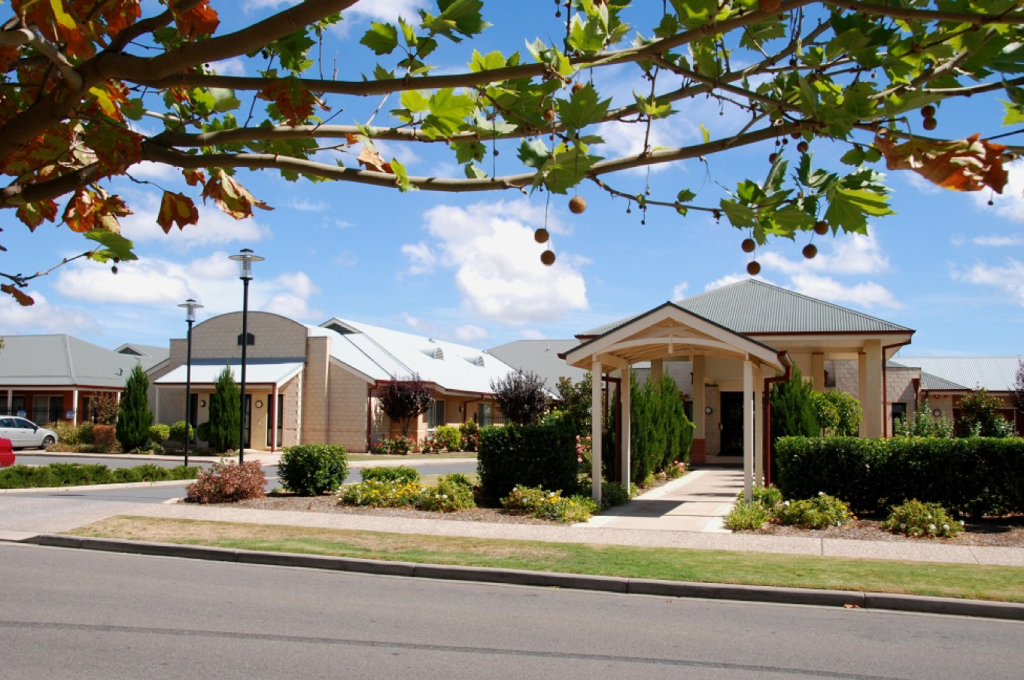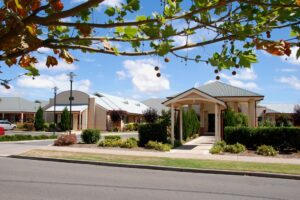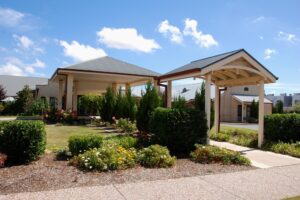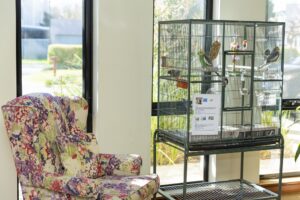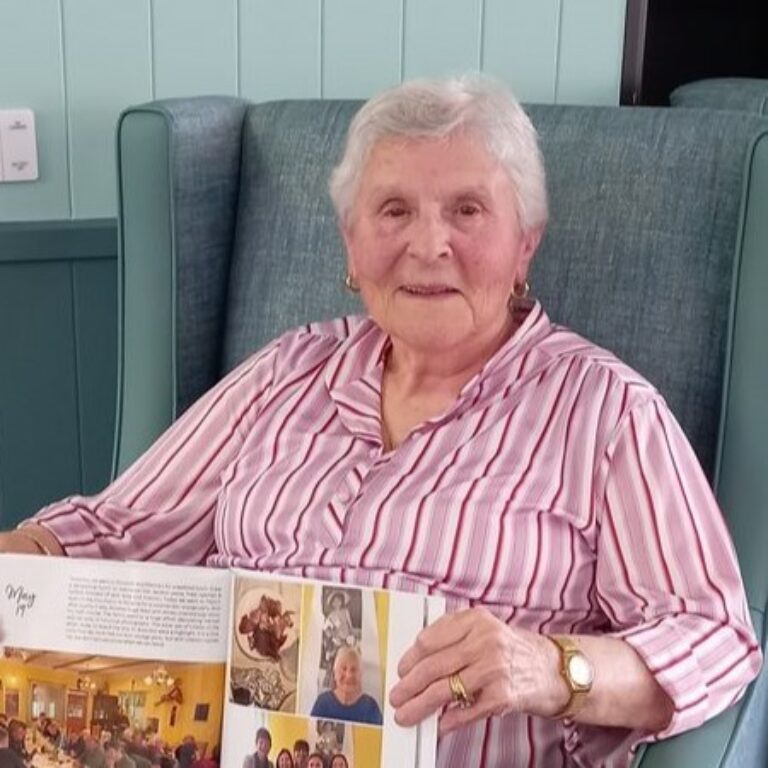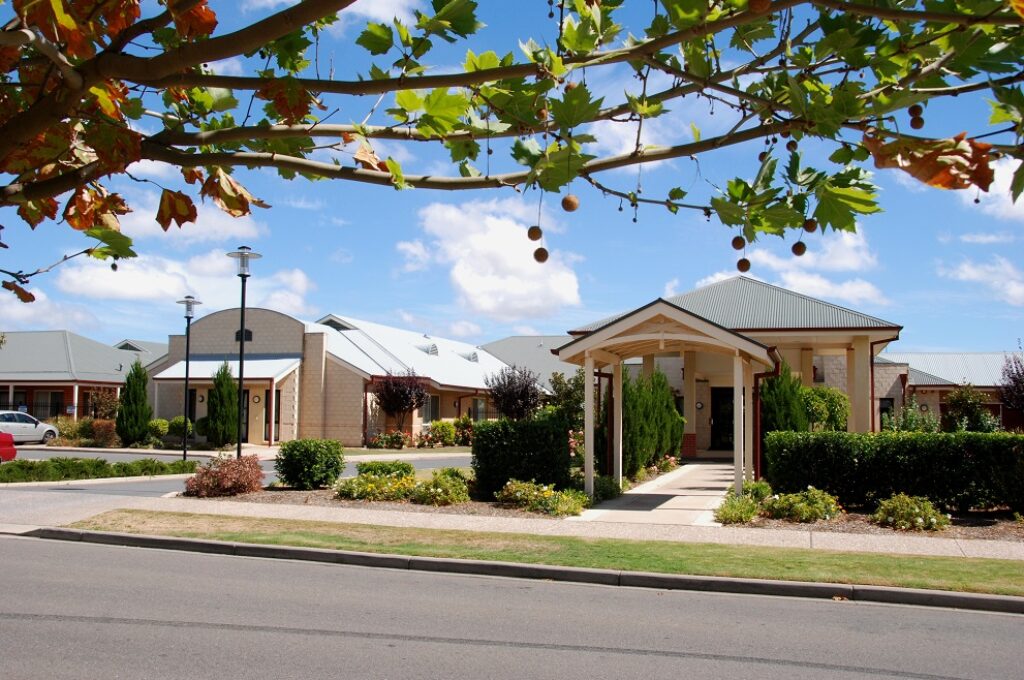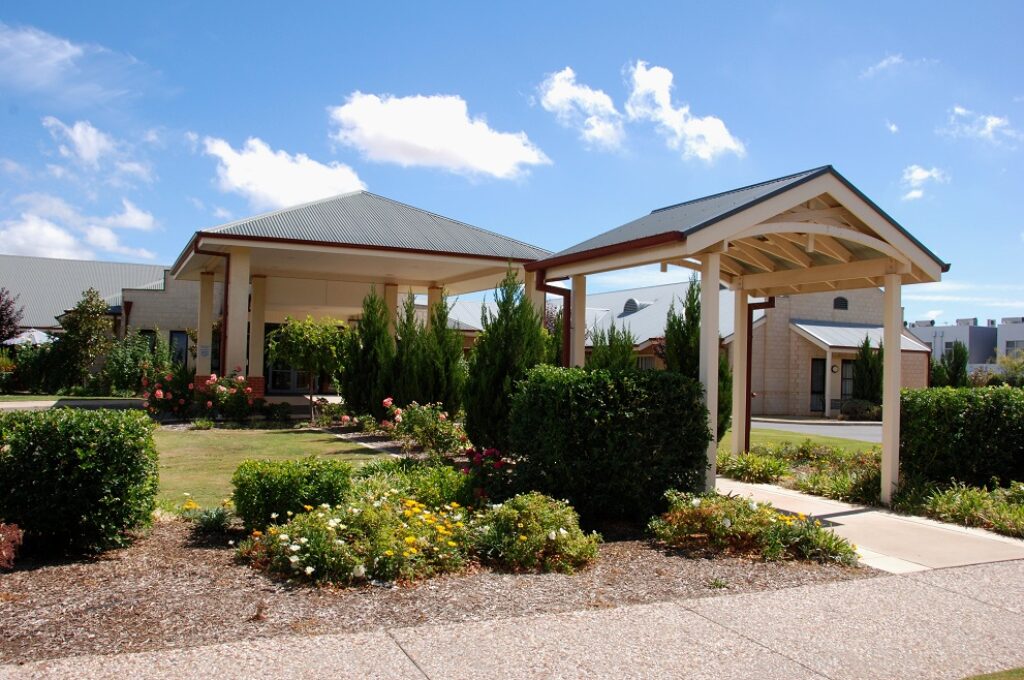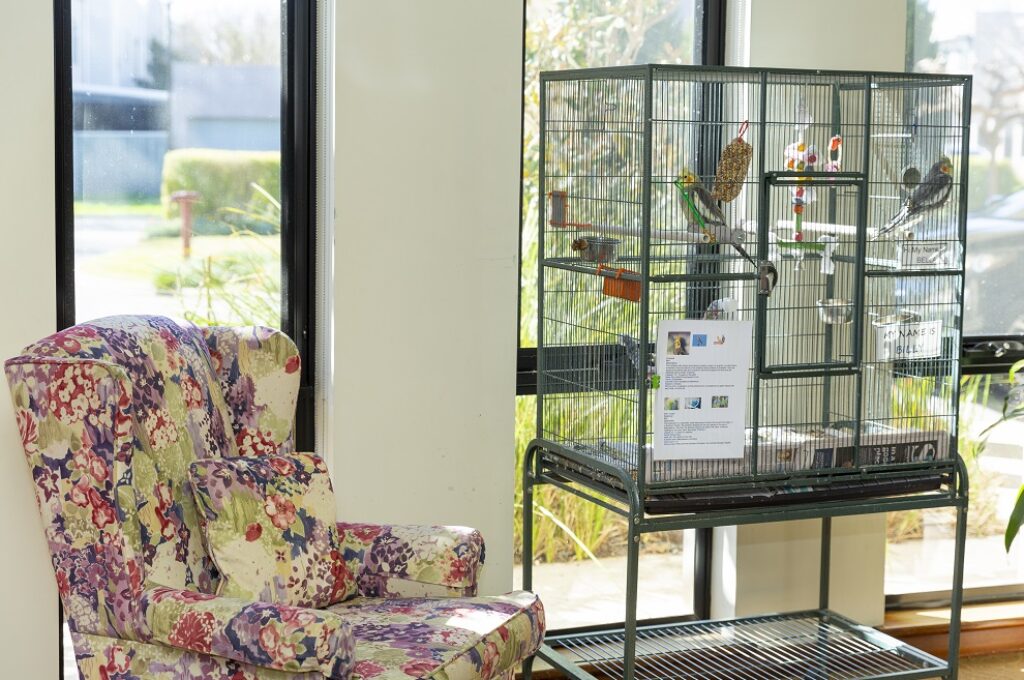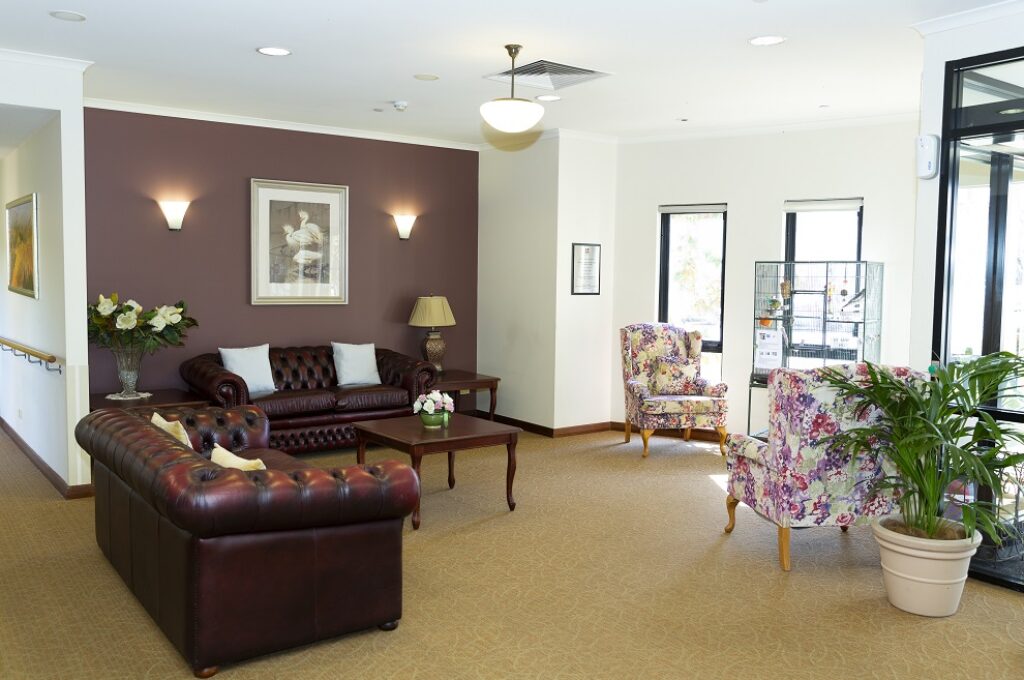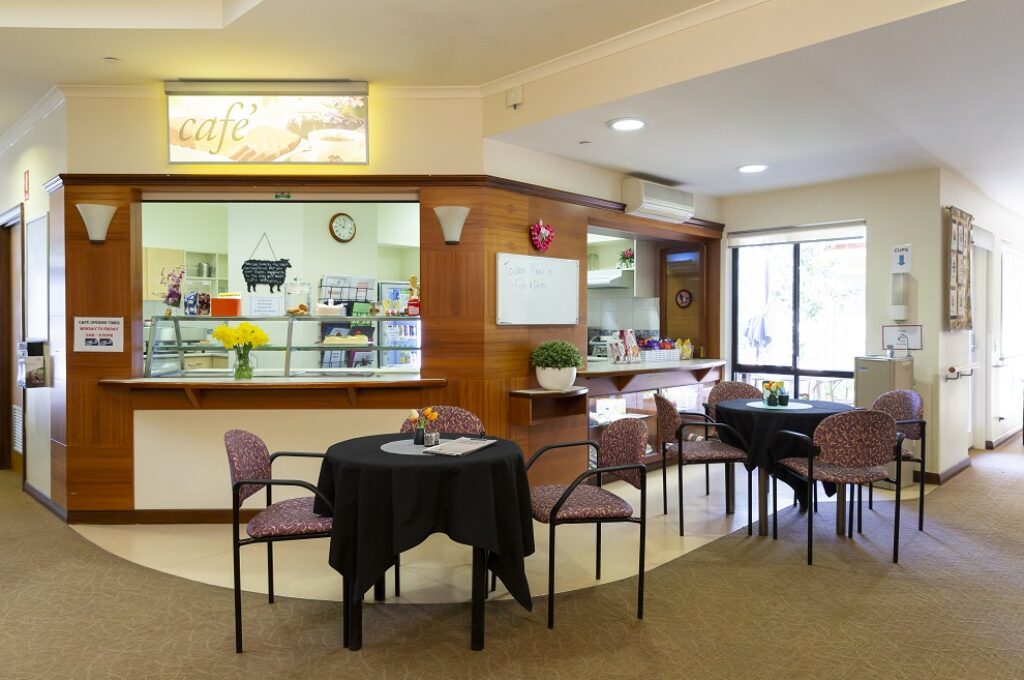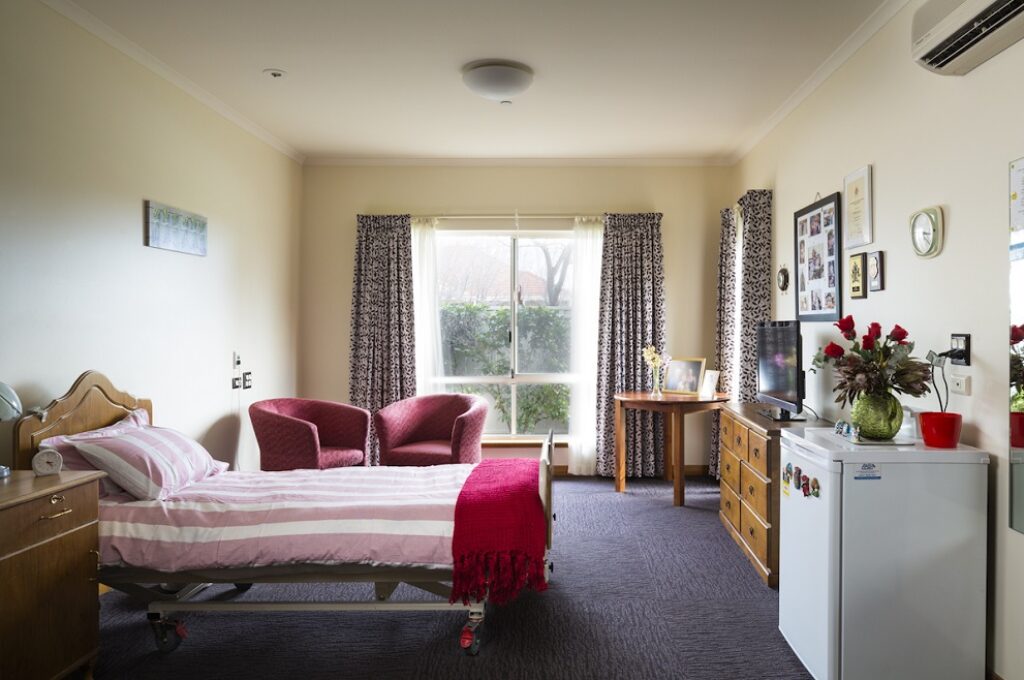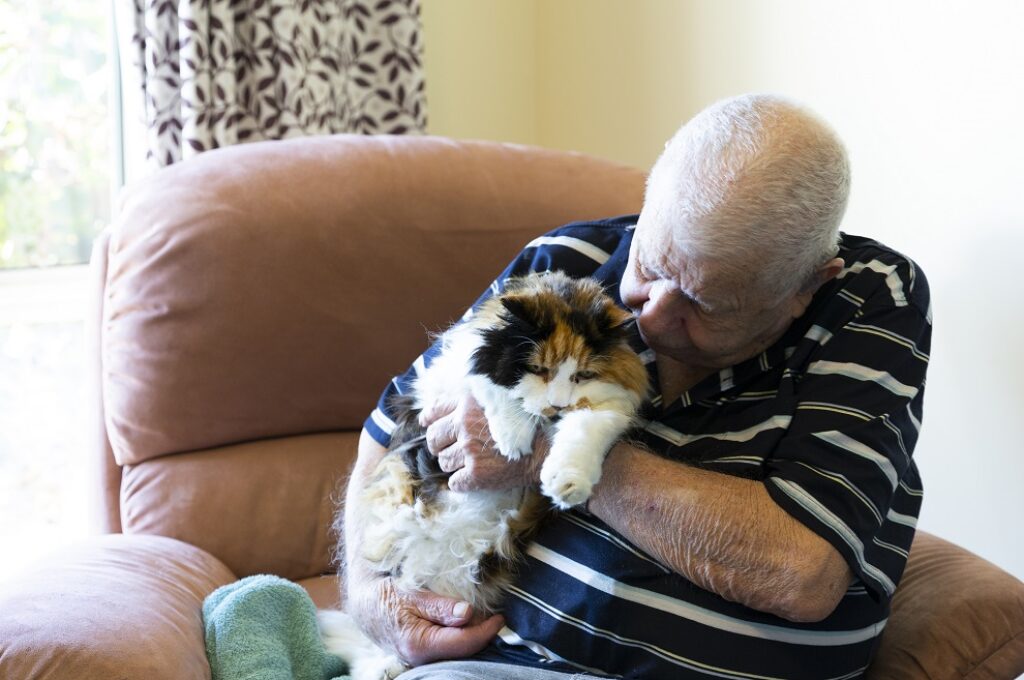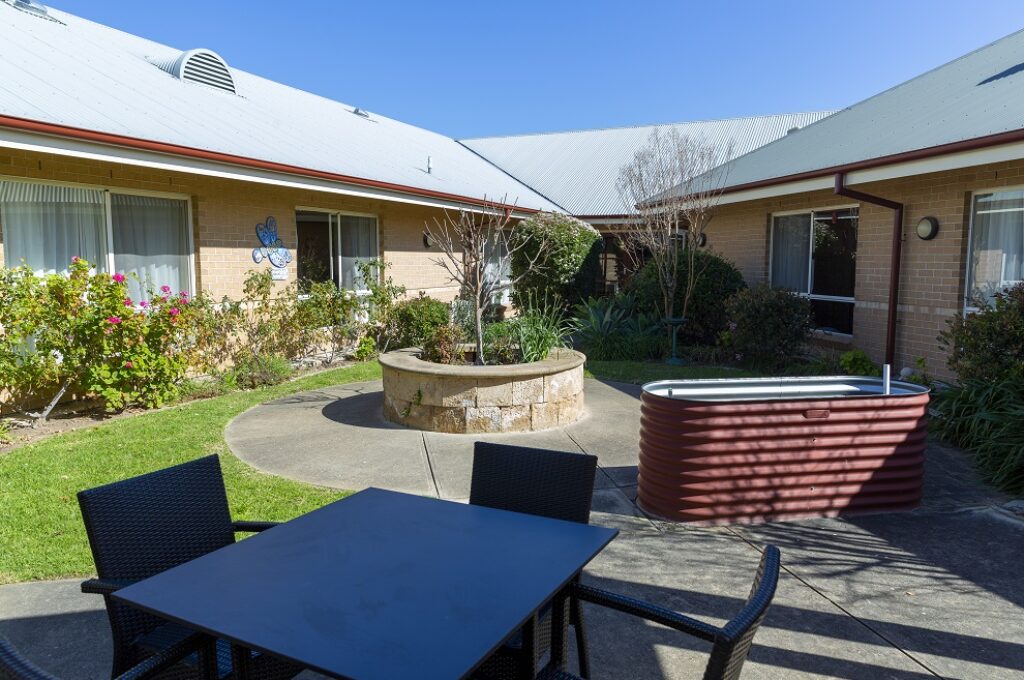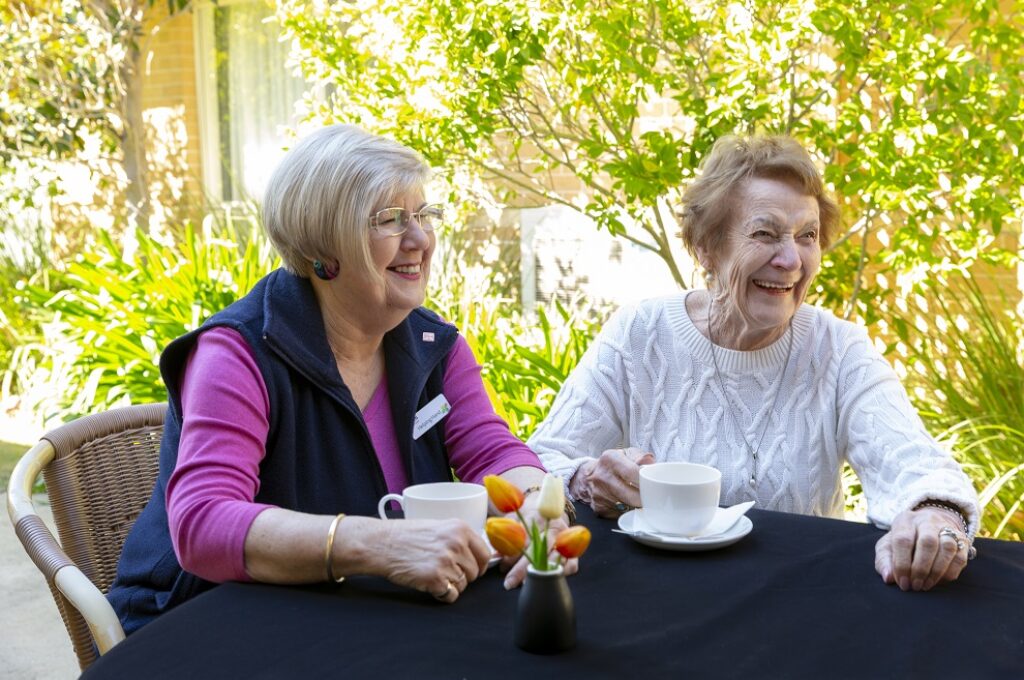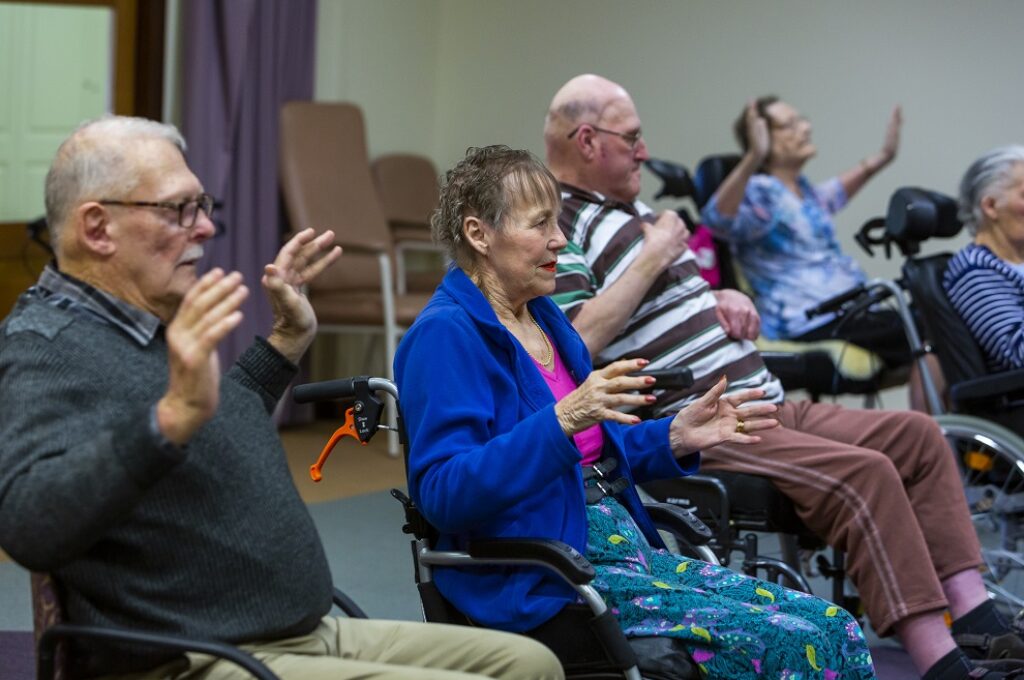If you’re interested in moving in to our home in Mawson Lakes please complete a Residential Care Expression of Interest Form.
At Mawson Lakes residential care home, we provide care for 98 residents all of whom have their own single rooms with private ensuite.
There are several courtyard gardens to enjoy the sun with a good book, with seasonal fruit trees and other beautiful plants.
The home has its own library, hair salon and café; a great place to catch up over a coffee.
All meals are cooked fresh onsite daily and we offer choices to suit everyone’s tastes.
We provide care in the home, making it easy for residents to get to appointments. Physiotherapy and podiatry is offered onsite and we are connected to local doctors who come to the home.
We have a strong relationship with local schools. Students visit Mawson Lakes residential care home regularly and assist with activities including art, craft and simply having a friendly chat.

